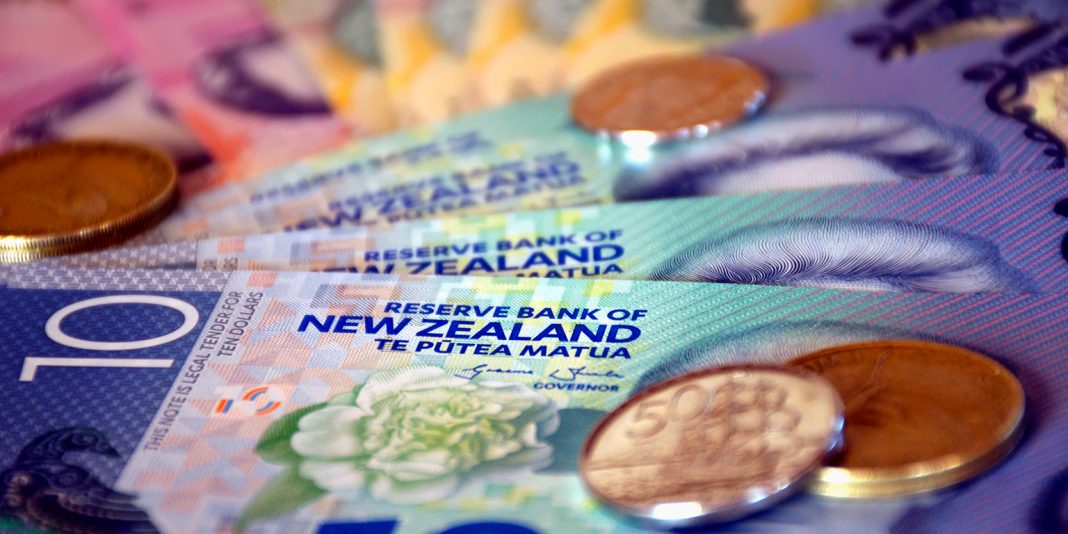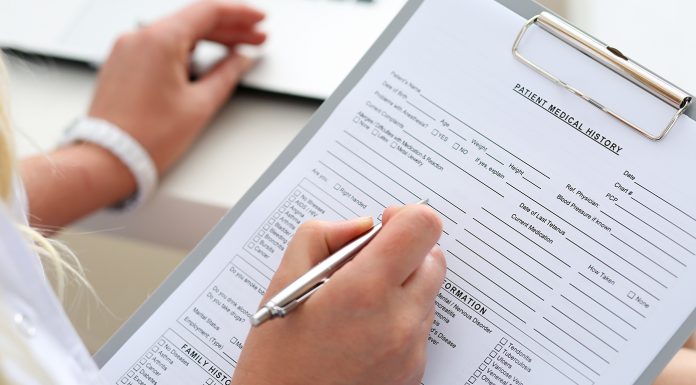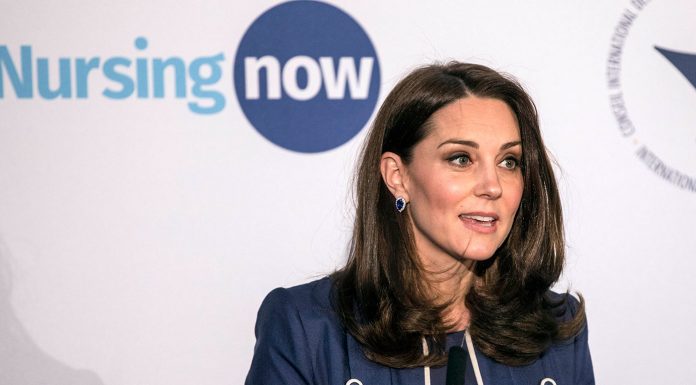Social Investment Minister Amy Adams and Health Minister Jonathan Coleman in announcing the mental health fund, worth $100 million over four years, said mental health was a social issue that had impacts beyond health into employment, housing and justice sectors and was a priority for the government’s social investment approach.
Glen Barclay, national secretary of the Public Service Association that represents many mental health nurses, said the budget was “style above substance” and while there was some extra funding for mental health it was very light on detail and nowhere near what was needed. “In mental health, it’s like giving a starving dog a rubber bone.” He said people would continue to wait for treatment and Health Minister Jonathan Coleman would continue to pretend there’s no crisis.
But Anne Brebner, the president of the New Zealand College of Mental Health Nurses (Te Ao Maramatanga) said it was pleased with the investment in mental health and believed the focus of social investment would support better outcomes for people requiring mental health support. She said mental health nursing was ideally placed to support primary mental health initiatives and the College had a programme of work currently underway to enhance capability in primary and community.
New Zealand Nurses Organisation president Grant Brookes said the Council of Trade Unions had calculated that yesterday’s Budget was the equivalent of a 3.5 per cent increase in mental health spending but client numbers had been rising at about five per cent per so a seven per cent increase was needed to meet needs and costs.
The new mental health social investment fund – first mentioned by Coleman on May 4 and currently held in the Budget’s contingency fund with funding yet to be allocated to either Vote Health or Vote Social Development – is described in the Budget documents as being intended “to trial early mental health initiatives that are proven to significantly benefit peoples’ lives”.
In announcing the fund on Budget Day Coleman said Cabinet would soon consider a new mental health and addiction strategy which would include a new social investment approach to dealing with mental health issues. “This funding will support the implementation of the strategy and will provide greater flexibility to invest in new and innovative approaches.” In his speech on May 4 he said most of the new cross-government approach would be able to be funded ‘within existing baselines’ but recognised that some additional funding was needed in the Budget to help bed it in.
NB updated midday May 26
Other mental health funding:
Placement support for clients with mental health conditions (Vote Social Development)
$103,000 this year increasing to $1.3 million a year from 2018-19 to support clients in two regions to improve their mental health and find and maintain employment. (Employment services to be delivered within mental health or primary care settings.)
Prisoners at risk of self-harm and suicide (Vote Justice)
$1.8 million this year growing to $3.2 million a year in 2018-19 to support the Department of Corrections to make improvements to the way prisoners at risk of self-harm and suicide are managed in prison.
Rangatahi Suicide Prevention Fund Extension (Vote Māori development)
$1.5 million this year increasing to $2 million in 2018-19 to support groups to reduce suicide and self-harm amongst rangatahi (youth) Māori
Portion of DHB extra funding dedicated to mental health (Vote Health)
$25 million of the extra $439 million in population growth and cost pressure funding for district health boards is targeted to support local mental health and addiction services.
National Mental Health Services funding (Vote Health)
No new funding announced for these nationally delivered addiction and mental health services – total budget allocation $62M in 2017-18.






















